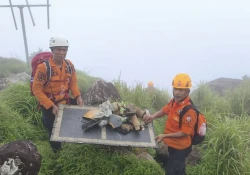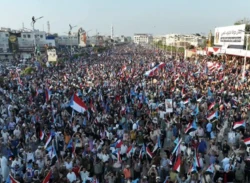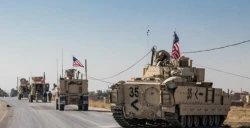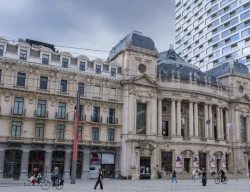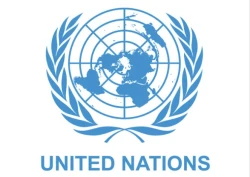Conflicting reports from Israeli media on opening of Gaza’s Rafah border crossing
- 2025-10-15 04:22:04
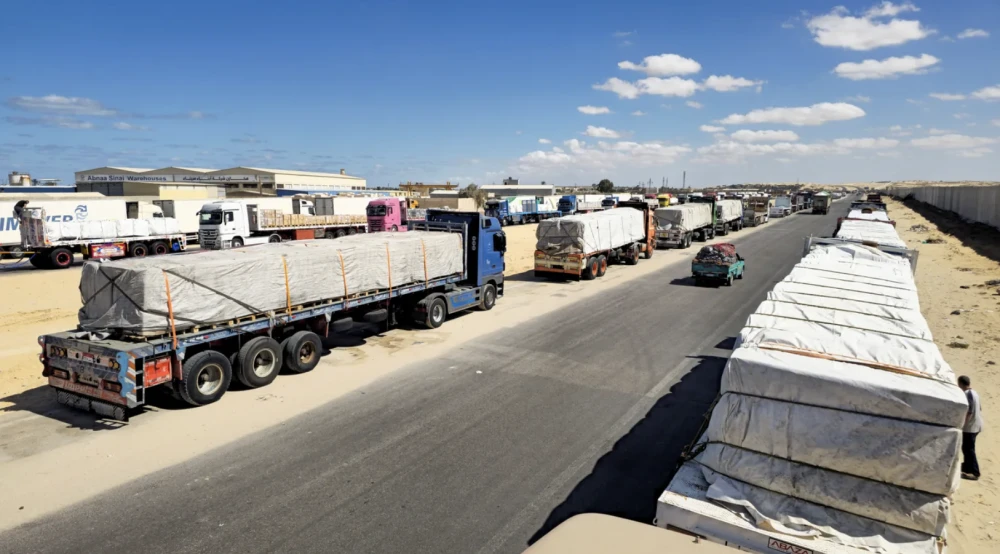
Conflicting reports have emerged from Israeli media regarding the reopening of Gaza’s Rafah border crossing with Egypt.
Israel’s public broadcaster KAN said “the political echelon “ decided to reopen the Rafah crossing between Egypt and Gaza on Wednesday morning for the entry of humanitarian aid into the enclave, after the Palestinian group Hamas returned four more bodies of Israeli hostages on Tuesday evening.
Some 600 trucks carrying humanitarian aid will enter Gaza today, KAN said.
Four more bodies are expected to be received from the Palestinian resistance group Hamas in the upcoming hours, added the broadcaster.
However, the Israeli daily Yedioth Ahronoth, citing an anonymous Israeli security official, denied the opening of the border on Wednesday due to “logistical reasons.”
“It’s not logistically possible. We need to go down to the area, inspect it, and send in a team — that takes time,” the source said.
According to the Israeli official, the border is expected to remain closed tomorrow and “the date of its reopening is unknown.”
Hamas handed over the bodies of four more Israeli hostages on Tuesday, after releasing 20 living hostages and the bodies of four others on Monday in exchange for nearly 2,000 Palestinians held by Israel under the first phase of the Gaza ceasefire agreement.
Last week, US President Donald Trump announced that Israel and Hamas had agreed to the first phase of a plan he laid out on September 29 to bring a ceasefire to Gaza, release all Israeli captives in exchange for Palestinians held by Israel, and a gradual withdrawal of Israeli forces from the entire Gaza.
The first phase of the deal came into force on Friday.
Phase two of the plan calls for the establishment of a new governing mechanism in Gaza, without Hamas’ participation, the formation of a multinational force, and the disarmament of Hamas.
Since October 2023, Israeli genıcide has killed over 67,900 Palestinians in the enclave, most of them women and children, and rendered it largely uninhabitable.


